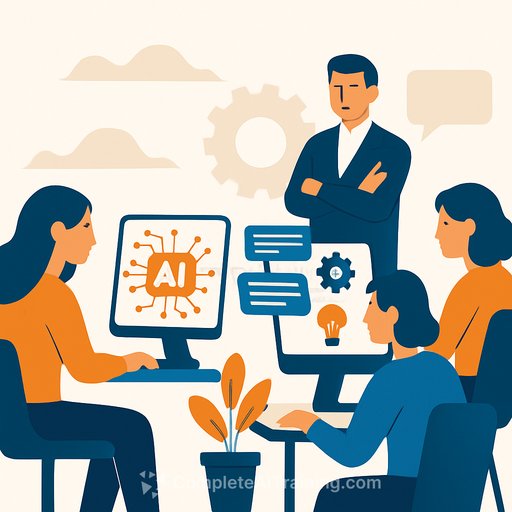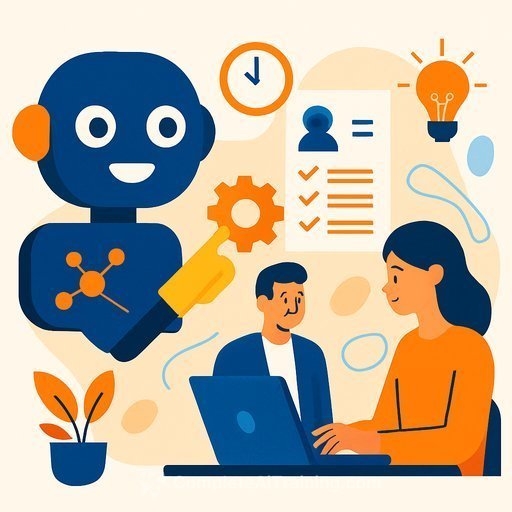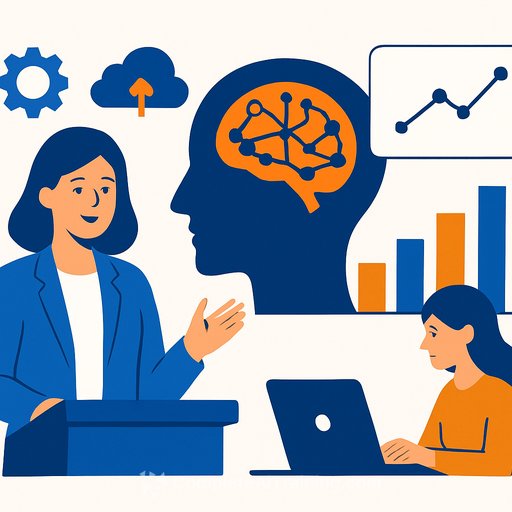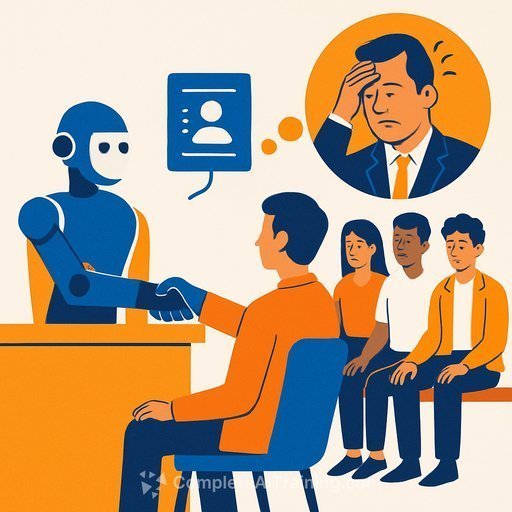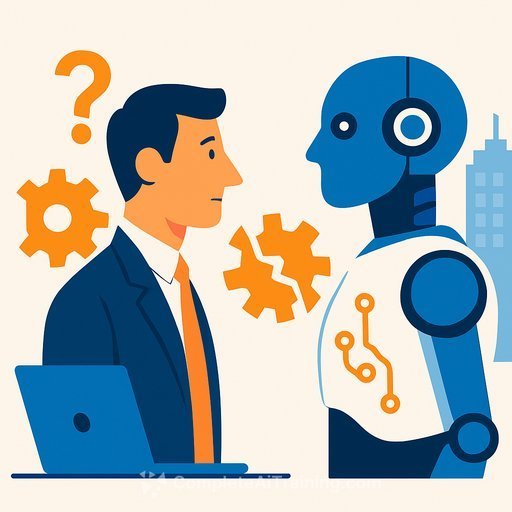Only 22% of Workers Say Employers Monitor Their AI Usage
Artificial intelligence (AI) is becoming a regular part of many workplaces, yet new research from EisnerAmper reveals a significant gap between employee AI use and employer oversight. Among US full-time desk workers with a bachelor’s degree or higher who have used AI for work in the past year, only 22% report that their employer actively monitors their AI usage.
Despite this low level of monitoring, 80% of employees say their experience using AI at work has been positive. However, only 36% say their company has a formal AI policy. While 84% of managers acknowledge some AI use on their teams, just 41% of employees inform their manager or get permission before using AI tools.
Interestingly, most employees (60%) use free AI platforms instead of company-provided tools, with only 24% using internal platforms and 43% using paid external tools. Furthermore, 28% say they would continue using AI at work even if it were banned.
What this means for HR: There’s a clear communication gap between employers and employees on AI usage. Companies have an opportunity to create clear AI strategies and communicate them effectively to improve oversight and trust.
Employee Usage of AI
Employees are integrating AI into daily workflows but often encounter errors—68% regularly find mistakes with AI outputs. Still, confidence in AI remains high, with 82% feeling “very” or “somewhat” confident that AI produces accurate and useful results.
Most employees report using AI to save time and increase productivity. Sixty-four percent say the time saved helps them get more work done. Some use that saved time for personal breaks, such as taking a walk (19%) or going to lunch (16%).
HR takeaway: Without clear policies and training, companies risk losing momentum in AI adoption. Equipping employees with the right tools and guidelines is essential for responsible and effective AI integration.
AI, Job Security, and Employee Experience
More than half (52%) of employees using AI express concern about potential job displacement or changes caused by AI. Concern is highest in wholesale trade (67%) and media and communications (62%), and lowest in real estate (37%).
In terms of AI adoption by industry, wholesale trade leads with 33% usage in HR functions, followed by restaurants, travel, and lodging at 25%. AI’s role in onboarding is limited but positive—20% of employees experienced AI during onboarding, and 92% of those had a favorable view of their company afterward.
When it comes to performance reviews, opinions are divided: 33% believe AI involvement would improve their feelings toward their company, while 35% think it would have a negative effect.
Generational Gaps in AI Usage
Attitudes toward AI vary significantly by age. Younger workers (18-34) are much more positive about AI’s impact on their work experience, with 59% saying AI makes them happier at work compared to just 29% of workers aged 55 and older.
Productivity gains are recognized across all groups, but younger employees report the highest boost at 84%. Regarding AI in performance reviews, 45% of younger workers see a positive impact, while only 10% of older workers agree. Half of those aged 55+ see AI in reviews as negative.
Most respondents (74%) agree that employees should be compensated for their experience using AI on the job.
What HR Professionals Should Consider
- Establish clear AI policies and communicate them openly to bridge the gap between management and employees.
- Provide training and resources to help employees use AI effectively and responsibly.
- Address concerns about job security by discussing AI’s role transparently and exploring ways to upskill the workforce.
- Consider generational differences in AI acceptance when implementing AI-related processes such as performance reviews.
For HR professionals looking to support their teams in AI adoption, exploring specialized AI courses can be valuable. Resources like Complete AI Training’s courses for HR professionals offer practical guidance to build skills and confidence around AI tools.
Survey Methodology
The data comes from YouGov Plc, surveying 1,017 US full-time desk workers with a bachelor’s degree or higher who used AI for work in the past 12 months. The survey was conducted online from May 28 to June 5, 2025. Figures are unweighted.
Your membership also unlocks:

